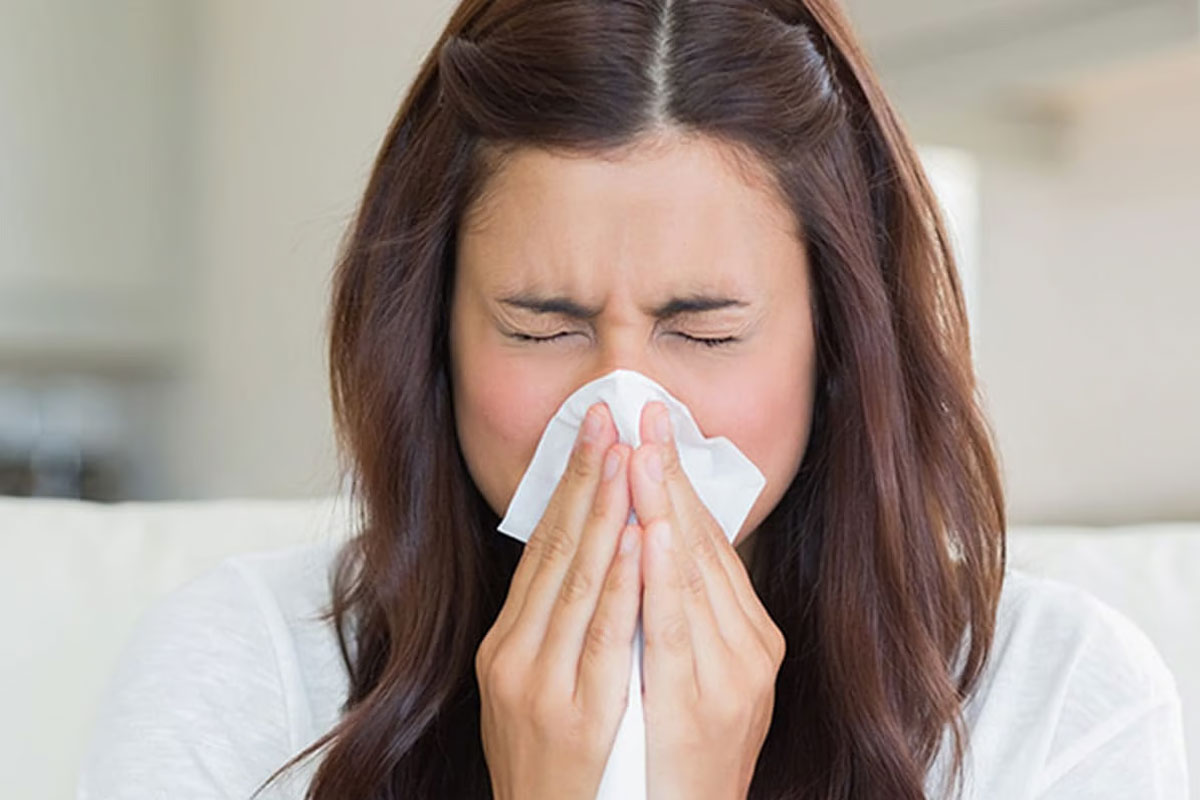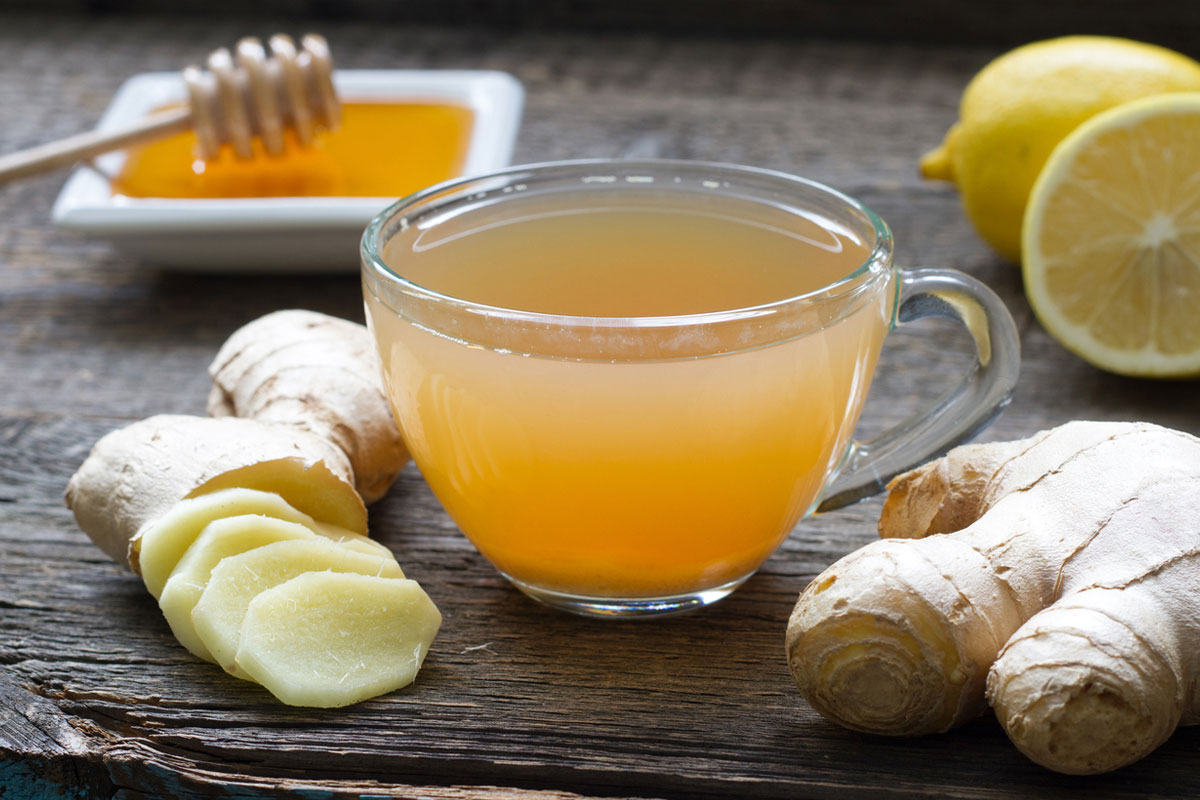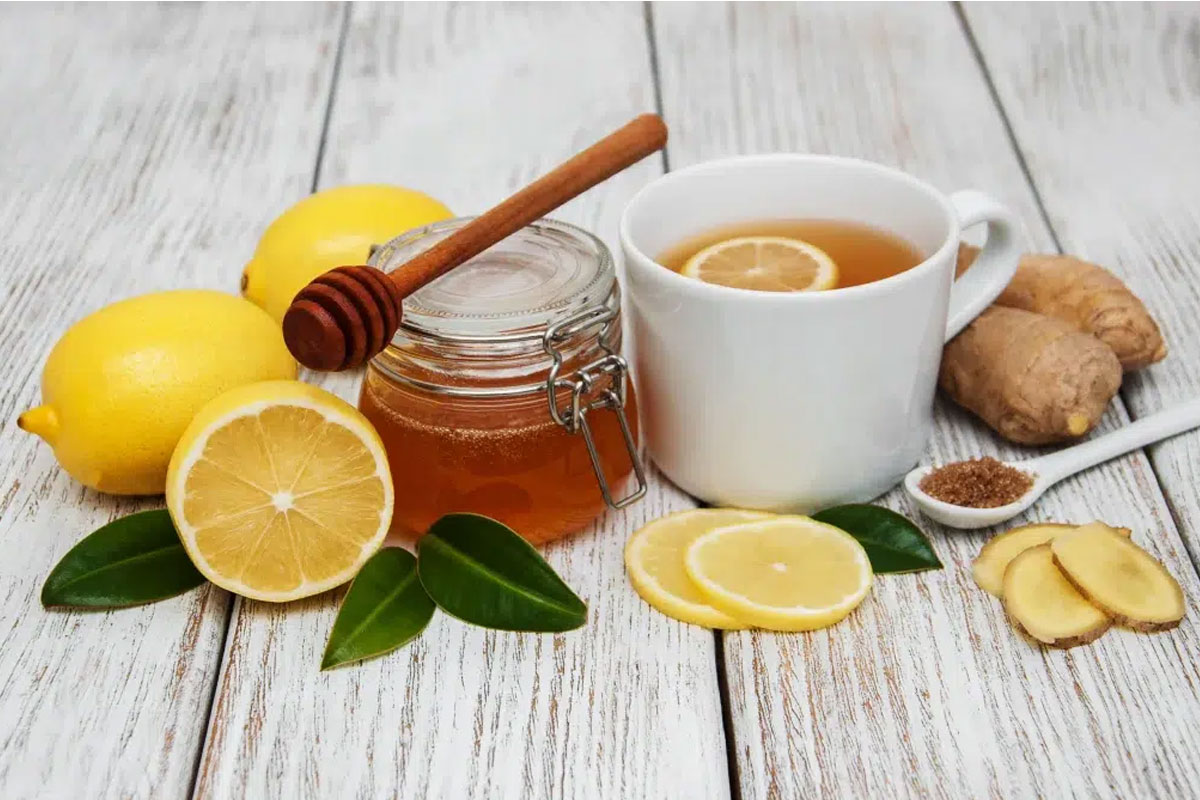Cough and Cold Medicines: A Comprehensive Guide
Coughs and colds are among the most common illnesses affecting people of all ages. Whether caused by viruses, bacteria, or environmental factors, these conditions can lead to discomfort and disruption in daily life. Understanding the available treatments and precautions can help manage symptoms effectively and promote faster recovery.
Understanding Cough and Cold Symptoms

Cough and cold symptoms vary depending on the underlying cause but generally include:
- Cough (dry or productive)
- Runny or stuffy nose
- Sore throat
- Sneezing
- Fever (in some cases)
- Headache and body aches
- Fatigue and weakness
Recognizing these symptoms early can help in choosing the right medication and treatment approach.
Types of Cough and Cold Medicines
Decongestants
Decongestants help relieve nasal congestion by shrinking swollen blood vessels in the nasal passages.
- Examples: Pseudoephedrine, Phenylephrine
- Available Forms: Tablets, nasal sprays, syrups
- Precautions: Overuse of nasal sprays can lead to rebound congestion.
Antihistamines
These medications reduce runny nose, sneezing, and watery eyes by blocking histamines.
- Examples: Diphenhydramine, Loratadine, Cetirizine
- Available Forms: Tablets, capsules, syrups
- Precautions: Some antihistamines cause drowsiness; non-drowsy options are available.
Cough Suppressants (Antitussives)
Cough suppressants help reduce dry, persistent coughing.
- Examples: Dextromethorphan
- Available Forms: Syrups, lozenges, tablets
- Precautions: Not recommended for productive coughs as it may trap mucus in the lungs.
Expectorants
Expectorants help loosen mucus, making it easier to cough up.
- Examples: Guaifenesin
- Available Forms: Syrups, tablets
- Precautions: Drinking plenty of fluids enhances their effectiveness.
Natural and Home Remedies

For mild cases, natural remedies can provide relief without medication:
- Honey and Warm Water: Soothes sore throat and reduces cough.
- Ginger Tea: Has anti-inflammatory properties and relieves congestion.
- Steam Inhalation: Helps clear nasal passages.
- Saltwater Gargle: Reduces throat irritation.
- Rest and Hydration: Supports the immune system and speeds up recovery.
Precautions and Safety Measures
- Always read labels and follow dosage recommendations.
- Avoid giving over-the-counter cough and cold medicines to children under 4 years without a doctor’s advice.
- Consult a healthcare professional before using multiple medications to avoid interactions.
- People with underlying conditions like high blood pressure, diabetes, or asthma should check with their doctor before taking decongestants or antihistamines.
- If symptoms persist for more than 10 days or worsen, seek medical attention.
Immune-Boosting Supplements

To prevent frequent coughs and colds, consider:
- Vitamin C: Supports immune function.
- Zinc: Helps reduce cold severity and duration.
- Elderberry Extract: Has antiviral properties.
- Probiotics: Strengthens immunity and gut health.
Conclusion
Cough and cold medicines provide symptomatic relief, but choosing the right treatment is essential for effective recovery. Combining medications with natural remedies and a healthy lifestyle can help manage symptoms and prevent future occurrences. Always consult a healthcare professional for personalized advice, especially for children, elderly individuals, and those with pre-existing health conditions.






